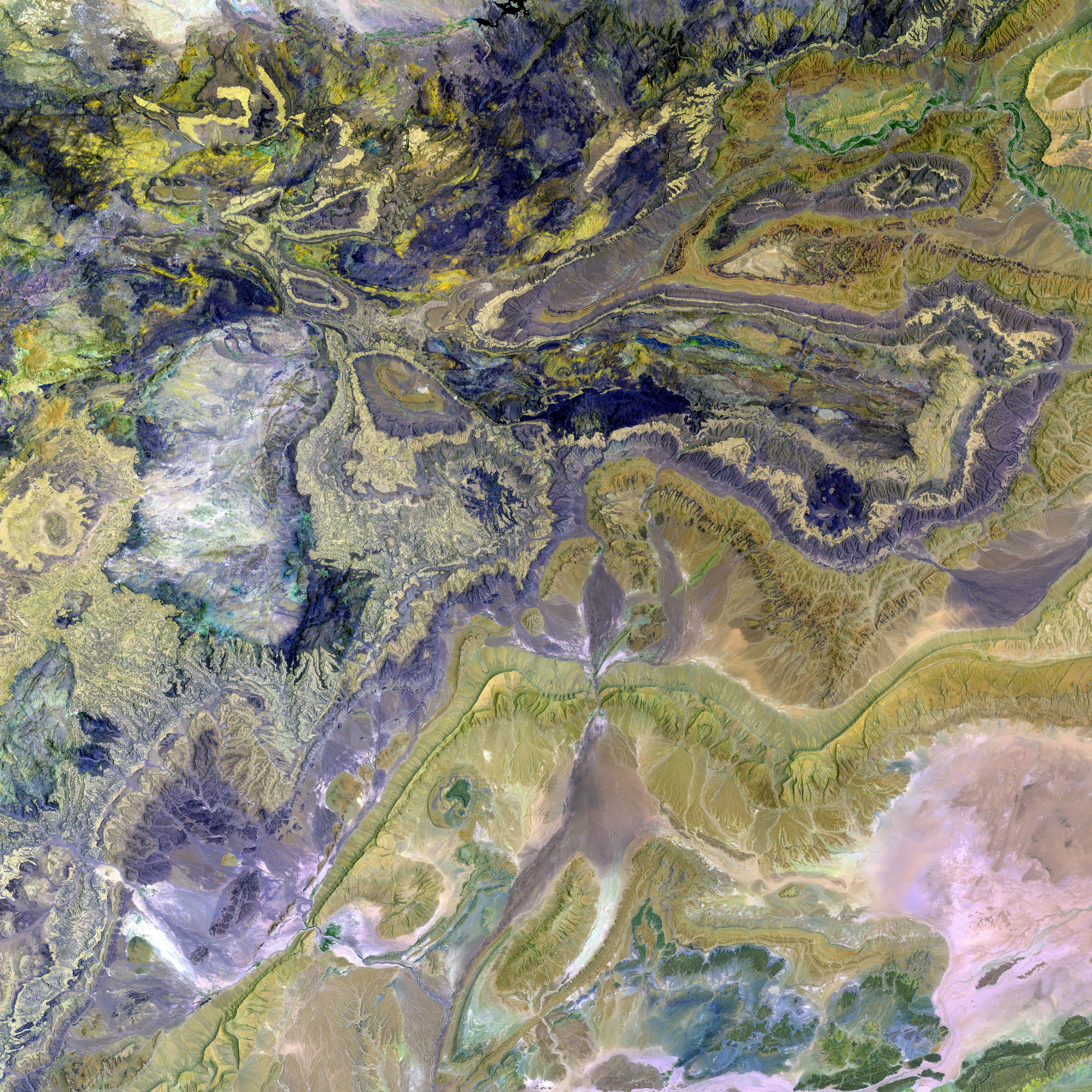Negotiations on New Caledonia's institutional future conclude without an agreement after a three-day discourse.
Fresh Take:
New Caledonia's future remains an unresolved issue after three days of negotiations between pro-independence and pro-France supporters ended without an agreement in May 2025. The talks, kept under wraps, didn't yield a deal, as deep divisions persist between the two groups.
Manuel Valls, the French Minister of Overseas Territories, stated, "We must face the truth, no agreement has been reached." He explained that this deadlock has implicated the resolution of the disputes regarding the electoral body's composition and the right to self-determination.
Valls concluded that the government would now examine the possibility of holding provincial elections in accordance with the current legal framework, given that they are critically important as they decide the makeup of the local government. These elections, scheduled to be held before the end of November, have become crucial.
While discussing the political future of the archipelago, two projects emerged during the negotiations: one advocating sovereignty with France, favored by the state, and another promoting federalism within the French Republic, supported predominantly by loyalists, one of the branches of pro-France supporters. However, neither project managed to garner consensus.
Valls criticized the loyalist project for questioning the unity and indivisibility of New Caledonia through a proposed partition plan.
The proposed government project, which included dual nationality and immediate power transfers, sparked outrage among pro-France supporters, who considered it de facto recognition of New Caledonia's independence. In response, they advocated for a federal state with stronger provincial powers.
Calédonie ensemble, a moderate pro-France party, expressed their disappointment as a "collective failure" but continued to advocate for an agreement, stating that abandoning consensus would mean renouncing peace.
Despite the failure, Valls viewed the discussions as a positive sign, as converging points were identified, and a follow-up committee would ensure these efforts continue. These discussions, taking place in the context of the wounds from the 2024 riots, which resulted in 14 deaths and over 2 billion euros in damages, and a persistent economic crisis, pave the way for future negotiations. Stay tuned for further updates on this ongoing saga.
- New Caledonia's disagreements over its future, stemming from the May 2025 negotiations, persist due to deep-seated divisions between pro-independence and pro-France supporters.
- The proposed government project, which included dual nationality and immediate power transfers, spurred outrage among pro-France supporters, who viewed it as de facto recognition of New Caledonia's independence.
- Manuel Valls, the French Minister of Overseas Territories, expressed disappointment over the lack of consensus on policy-and-legislation matters such as the electoral body's composition and self-determination rights.
- Despite the failure to reach an agreement, Valls remains optimistic, citing the identification of converging points during the negotiations, implying that future discussions may lead to a resolution.









